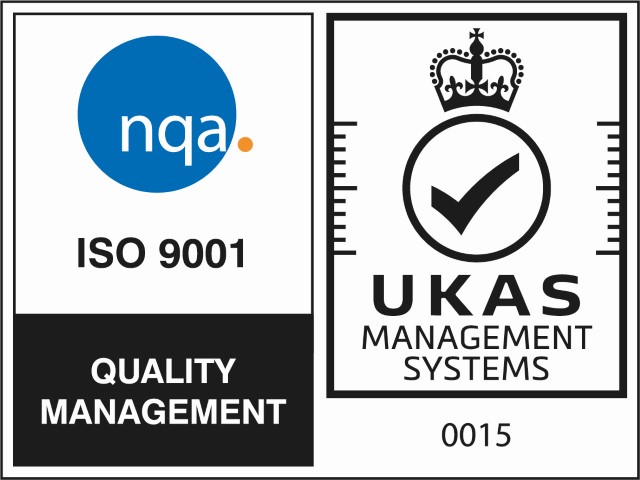Do I need an RICS valuation?
Swatting up on home RICS valuations is probably not high on most people’s ‘to do’ lists. However, chances are that at some point you will find yourself in a situation where a valuation is needed to move forward with your property plans.
The majority of RICS valuations for residential properties are for mortgage purposes. Banks and building societies insist on carrying out valuations to make sure that the money they loan to buyers is a safe investment. These valuations are normally arranged by the banks themselves and the reports are not normally shown to the borrower.
You may want to get an RICS valuation as part of a HomeBuyer or full building survey, so that you are armed with the true market value of your property. This can help with negotiations when buying and selling a house.
With the introduction of Help to Buy and other shared ownership schemes, more and more people are discovering that they need to identify independent RICS valuation surveyors themselves. You will need a valuations if you want to sell a Help to Buy or Shared Ownership house, or if you would like to repay the loan.
You may also need a valuation if you are exercising your Right to Buy, or for tax or legal purposes. Our article on the RICS website has further information.
Why can’t I just use my estate agent’s valuation?
Estate agents’ valuation appraisals are carefully and professionally considered, but are ultimately designed to generate a sale. The number they use can be influenced by the desire for a quick move, for more commission, or simply to secure you as a client.
Surveyor’s valuations, on the other hand, reflect a fair and accurate market value that a willing buyer and purchaser would both accept. Surveyors are accountable for their valuation – they have to provide detailed evidence showing how they have come up with their estimate.
For this reason, RICS valuations are the only valuations that are accepted by most banks, Help to Buy and shared ownership schemes. The RICS is a professional institution that regulates RICS surveyors. RICS valuers must stick to the RICS valuation guidelines, known as the ‘Red Book’.
What does an RICS valuation involve?
The valuation surveyor will assess the way the property was built, its size and location and its overall condition. Using their experience and technical training, they will evaluate the property and how it compares to similar properties that have recently sold nearby.
The evidence using during these assessments will be carefully documented so that it is clear how the surveyor arrived at their valuation. The surveyor will also note down any assumptions they made and any limitations to their valuation.
Most RICS valuations are valid for 3 months from the date of the report.
What happens if my valuation expires?
If you contact your surveyor within 2 weeks of the expiration date, most (including Allcott Associates) will do desktop research to check the valuation. This will mean it is valid for 3 more months.
At Allcott Associates, if your sale, repayment or remortgage has not gone through within the initial 3–month period, we will carry out a valuation extension free of charge.
What if my valuation is too high or too low?
If your Help to Buy survey valuation or Shared ownership valuation is higher than expected, then the amount that you owe the government or housing association that provided your loan will also be higher. Fortunately for Help to Buy homeowners, the government has recently extended the maximum mortgage period from 25 to 35 years, so re-mortgaging is now easier and more affordable, even if the amount you owe has increased.
If you are buying a home, a low valuation could affect your ability to secure a mortgage.
Given the thorough nature of an RICS valuation, it is rare that a figure would be amended. However, if you think there could really be an issue with the valuation, talk to your surveyor. If you can provide valid evidence that the valuation should be reconsidered, then they will look into it.
For example, was there a reason that the comparable properties they looked at did not sell for a true market value? Perhaps they were sold to family members, or had to be sold quickly because of a messy divorce? Is your property affected by an issue such as traffic noise that could decrease value but was not evident on the day of inspection? Have you carried out significant home improvements since you bought the property that have altered its value?
Do I need a survey as well as a valuation?
If you have a valuation, the overall structural condition of the property and presence of serious defects that affect value will be taken into account. But, importantly, any defects that do not affect value will not be covered. This is true even if they are serious and will need of costly repairs. Also, it is worth remembering that if the valuation has been managed by your lender, then you are unlikely to be able to see the results of the valuation inspection.
For these reasons, many people decide to instruct a HomeBuyer or building survey, in addition to the valuation, so that they have a detailed understanding of the property they are buying.
HomeBuyer reports normally include a valuation as standard. Valuations can also be requested when getting a building survey, often at little or no extra cost.











